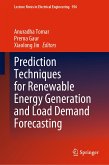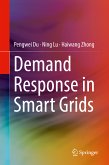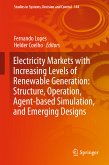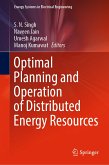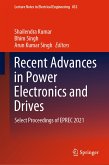Particular attention is paid to the factors that enhance production risk or increase variations in energy input during production. A dynamic panel model is specified and applied to 25 Korean industrial sectors over the period 1970-2007. The determinants of energy usage are identified and their effects in the form of elasticities of energy usage are estimated. In addition the structural changes in the energy demand pattern are explored. Stochastic production technology is applied to create two primary models: A production model where the energy usage is a determinant of output, and an energy demand model based on an inverted factor demand model where demand is a key determinant of the level of energy usage.
The findings reveal that: First, there are large variations in the degree of overuse or inefficiency in energy usage among the individual industries and over time; second, ICT (information and communication technology) capital and labor are substituting energy; third, ICT capital and value added services are two input factors decreasing the variability of energy demand while non-ICT capital, material and labor are increasing the variability of energy demand. Finally, the results suggest that technical progress contributes more to the increase of mean of energy demand than to the reduction of the level of risk. An emerging recommendation is that industries increase the level of ICT capital and digitalization and invest more in R&D activities and value added services to reduce the uncertainty related to theirdemand for energy. This study forms the structure of the demand for energy under stochastic production risk for the South Korean industrial sector. Public research programs aimed at the industrial sector should be concerned about both mean and risk properties in research on new technologies and in the investigation of possible alternative energy inputs.
This book describes the state of the art in energy usage analysis and production risk, applying factor requirement methodology. It will be of use as a main or supplementary text in the teaching of advanced graduate courses but also as a reference for those working on empirically advanced research. The book is an important addition to the existing literature on industrial development, with its focus on energy as a core production input.
Dieser Download kann aus rechtlichen Gründen nur mit Rechnungsadresse in A, B, BG, CY, CZ, D, DK, EW, E, FIN, F, GR, HR, H, IRL, I, LT, L, LR, M, NL, PL, P, R, S, SLO, SK ausgeliefert werden.



